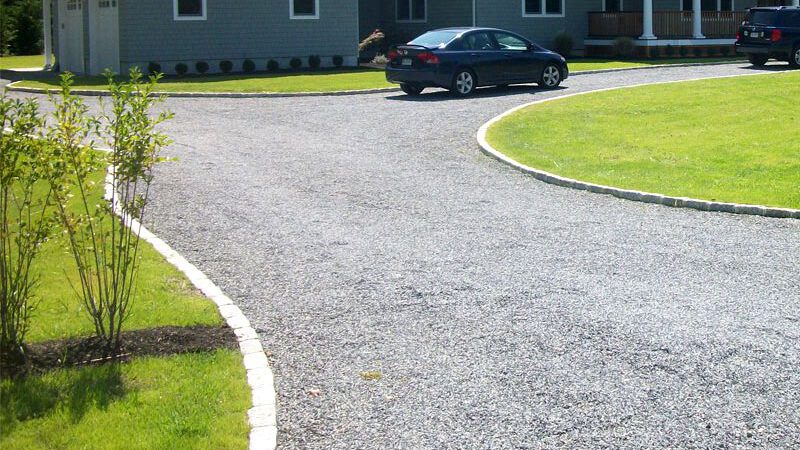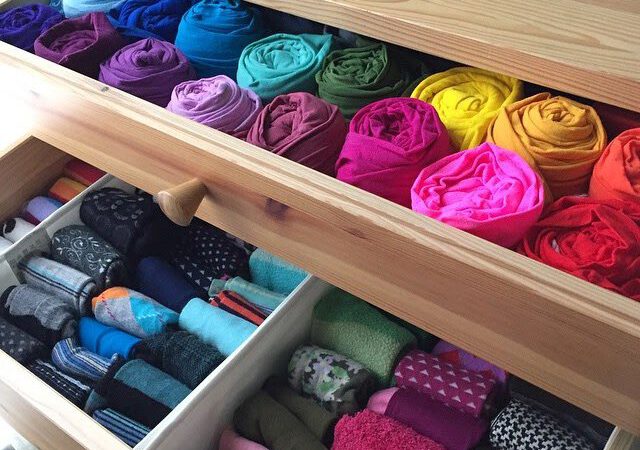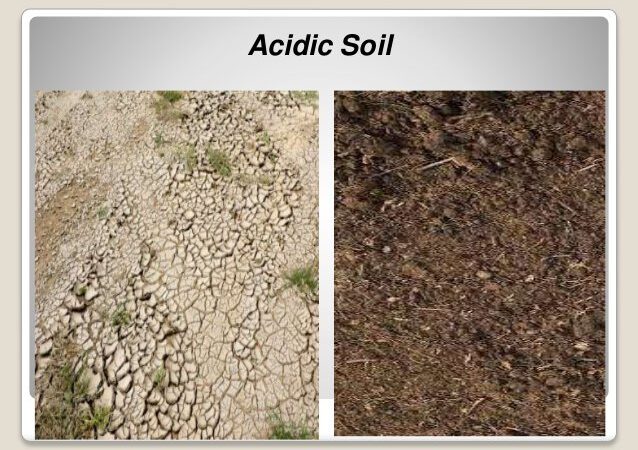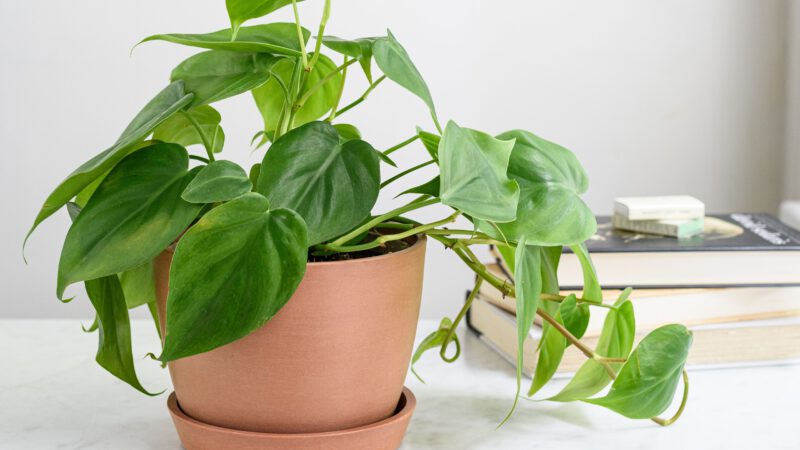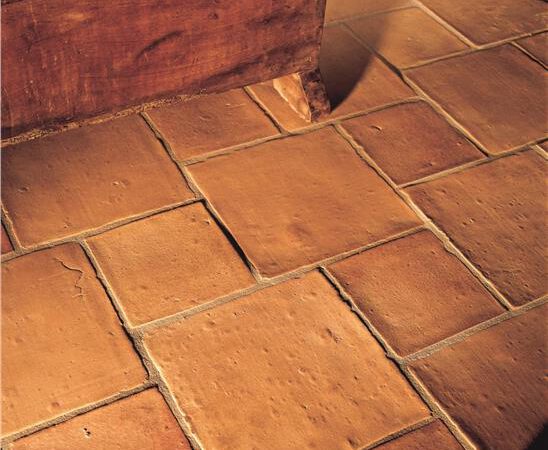What To Do When Your Water Heater Is Making Noises?
You may notice your water heater making strange noises. This is a problem because you don’t know what’s causing the sounds or danger to you or your home.
Not all of these sounds mean something wrong with your water heater, but it’s always good to understand the reasons behind them and learn how to fix them. Here are water heater noises to look out for and how to diagnose them:
Sizzling, Hissing, and Crackling
These are typical noises coming from an electric water heater. They are attributed to sediment build up and mineral deposits at the bottom of your water heater. There is nothing to fix this yourself, but it’s not a cause for concern either. Plumbers will sometimes use chemical agents to get rid of the sediment buildup and prevent such sounds from occurring in the future.
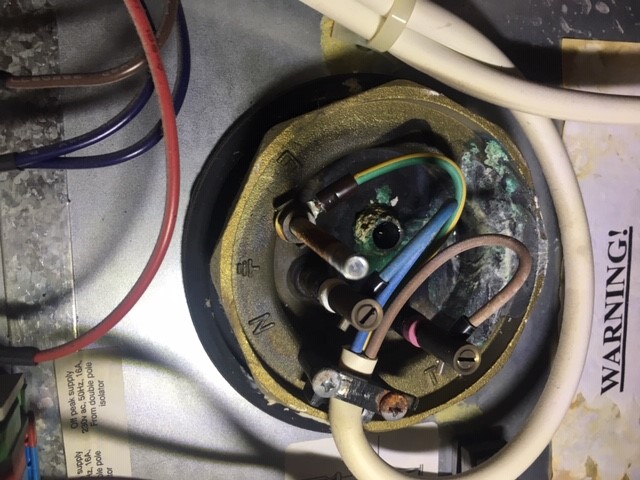
Image credit: https://www.easyflow.co.uk/
Irritating noises are not the only symptom of this problem. Expect your heating bills to go up as the water heater struggles to heat the same amount of water with a greatly reduced ability to produce heat from the lower heating element.
A gas powered water heater can also make sizzling sounds, even though the problem isn’t the same. Sizzling noise in a gas water heater is caused by internal condensation, which makes a sizzling sound when dripping down into the burner. If you notice condensation in the tank, there could be a leak, so call a plumbing professional to deal with it.
A crackling sound may also mean that there’s condensation in the water heater burner. A water heater won’t create condensation if the temperature remains consistent, but condensation can form when the tank is full. Make sure the plumber checks the crackling sounds immediately. Also, use a wire brush for clean up and if the sediment blocks the drain valve, it might be impossible to remove the water in the storage tank, so buy a new water heater.
Tankless Water Heater Noise Problems
Apart from regular heaters, other heater models can make annoying noises. For example, an electric tankless water heater has its sound. You should know the normal sounds if you know how a tankless water heater works. A tankless gas water heater can also have the same issue. If you hear a clicking sound from the water heater, it means that the flow switches come on and off.
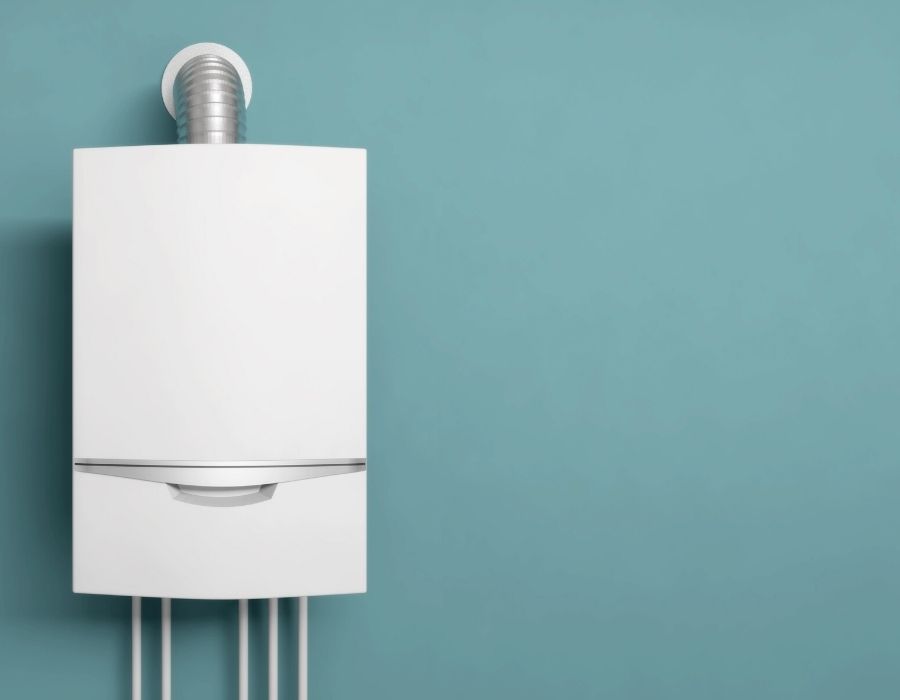
Image credit: https://soundproofcentral.com/
And if you hear more noise, check for debris from the hard water area or if there’s build-up within the unit. You can fix this problem by practicing regular maintenance to help you keep on top of any unusual sound.
Popping Sound
Some sounds that you hear may seem irregular or irritating, but these are normal for this type of heater. The first sound you will probably notice is the popping sound. Popping noises occur when the temperature inside the unit rises to 140 degrees Fahrenheit (60 degrees Celsius).
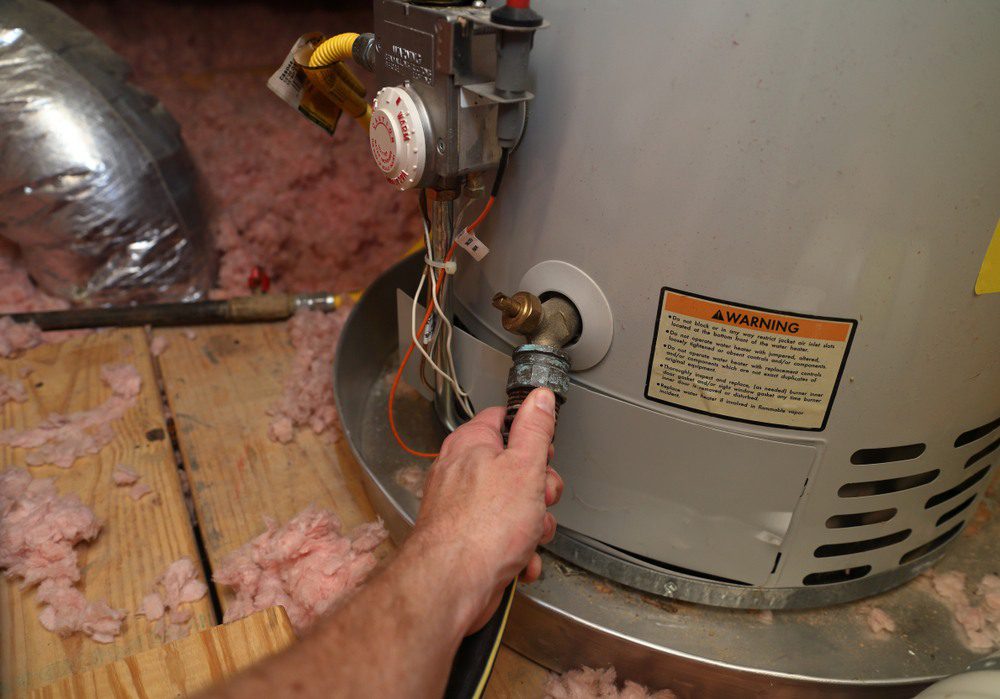
Image credit: https://www.fenwickhomeservices.com/
However, this doesn’t indicate a dangerous problem. Popping noise is also caused by limescale and sediment build-up within the tank. The sound is created when steam bubbles form under the sediment, then burst as the water heats up. You can quickly diagnose this problem by using a descaling product to help break down the limescale and minerals.
Ensure you flush and drain the tank to remove any sediment. Popping noises can also be caused if an aluminum anode rod within the tank is exposed to high levels of alkalinity. Professional plumbing can solve this problem by replacing the aluminum anode rod with a magnesium anode rod.
Loose Water Heater Element can Cause a Humming Sound
Some water heaters make humming noises. For example, electric water heaters don’t have gas burners. Instead, they have at least one electrically powered heating element associated with a thermostat. If the water falls below the set temperature, the electricity heats up the element, and the water flowing around it heats up.
The heated water then circulates, warming the rest of the water. When the electric heater makes a humming noise, the heating element is loose due to wear and tear or poor installation.
The loose element acts as a tuning fork, vibrating from the push of water cycling around it, creating a humming noise. You can easily correct these humming sounds by making the heating element tighter.
Screeching Sounds can Signal Restricted Water Flow
A screeching noise may indicate the water is too hot. As the heated water comes out of the tank, it can bump into air bubbles in the piping, which creates the sound of metal on metal screeching or scratching.
Screeching noises also show that water flow is restricted either at the valve letting water into the heater or at a valve connected to water in your home. When the relief valve isn’t open all the way, water moves through a narrow space at a higher pressure, creating a high-pitched sound.
The inlet control valve is often to blame for this, and you can easily address it by turning the valve to fully open it to lower the water pressure. And if adjusting the inlet valve doesn’t stop the noise, you may need to replace them.
Ticking Noises
If you can also hear a soft ticking noise, this indicates changes in water pressure. The heat trap can sometimes be the reason for ticking noises. You can easily remedy this problem as long as the changes in water pressure aren’t dramatic and frequent, like rapidly opening and closing the main building control valve.
These tapping sounds are normal, but if tapping sound from a valve is concerning, swap the heat straps with dielectric nipples, smaller fittings that perform the same function. Boosting heat strap nipples can also improve the functionality of the water heater.
Make sure to tighten and replace the pipes if they become loose. This will stop the ticking sound and prevent the pipes from shifting. Lowering the heat by a few degrees may also reduce the expansion of water lines and stop any ticking sounds.
Hammering and Knocking Noises
A hammering noise, also known as water hammering, occurs when pipes aren’t securely anchored. They move and hit against each other and the interior of the wall. Any abrupt change in the water flow can lead to the sound because the pipes move as water does.
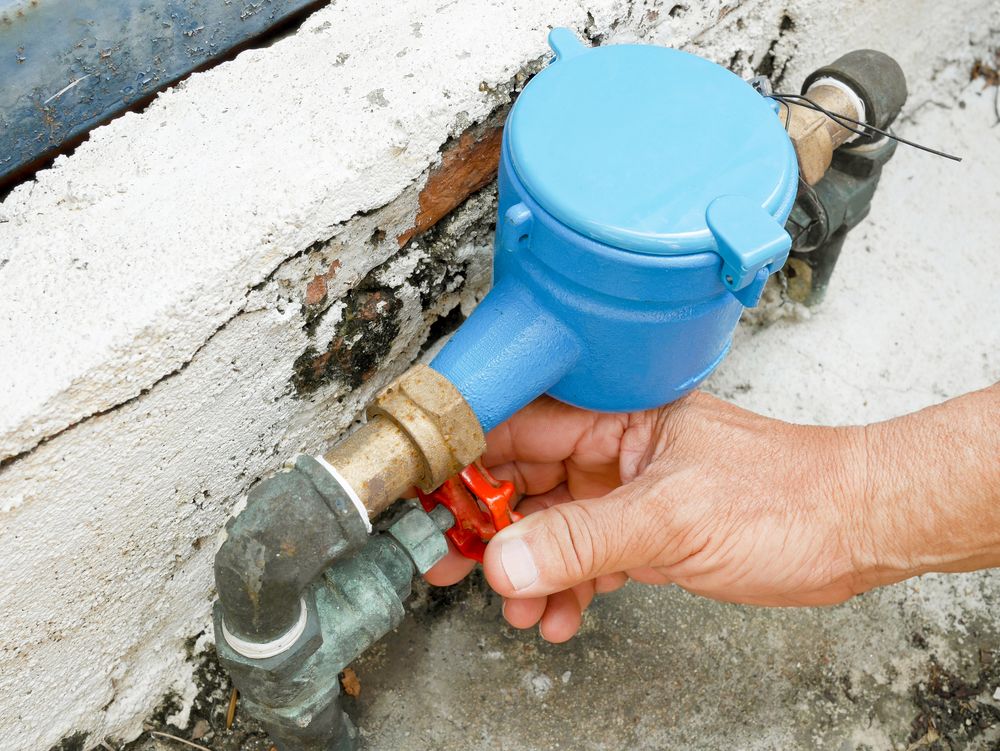
Image credit: https://cdn-apifl.nitrocdn.com/
This can happen when you flush the toilet, run a dishwasher, or a pump with a holding tank is running. Water hammering is not an immediate problem, but it can cause damage to pipes and the surroundings over time. You can diagnose this problem by securing pipes with insulation or installing a water hammer arrestor to stop the knocking.
Rumbling Sound
A few things can cause rumbling pipes. Sediment build-up and mineral deposits are common reasons. Sediment build-up occurs when minerals are suspended in the water flow and accumulate over time. This sediment can also cause damage to the inside of your pipes, but it usually creates a rumbling sound when you turn on hot water faucets.
You can flush and drain that hot water tank with a long hose to remove the sediment or use a descaling solution to break down limescale within the tank. You should take your time to learn how to drain a water heater before doing anything. And if you aren’t experienced with plumbing, have a professional plumber flush the tank once a year.
FAQs about What to Do When Your Water is Making Noises
Is it bad if your water heater is making noise?
The noise might be annoying, but it doesn’t mean that your heater is malfunctioning.
Can a water heater explode?
If there’s steam build up in the heater and there’s no outlet, the increased pressure could cause the hot water tank to explode.
Final Thought about What to Do When Your Water Heater is Making Noises
As you can see, a water heater noise shouldn’t bother you that much. But if you suspect a fault, don’t hesitate to contact a water repair to rectify the situation before it worsens.
The post What To Do When Your Water Heater Is Making Noises? appeared first on Kitchen Infinity.
Did you miss our previous article…
https://www.ilovethelovekitchen.com/?p=887


